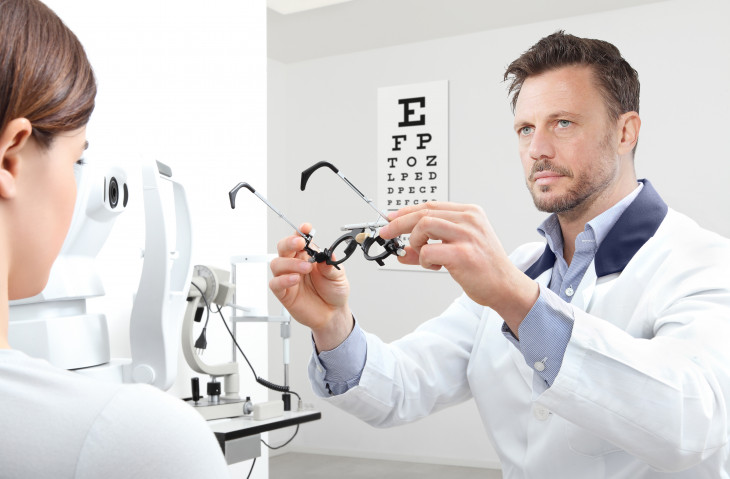Clinical and classroom experience is combined to comprise Doctor of Optometry programs. The O.D. Doctor of Optometry program is 4 years in length. Prior to entering an O.D program, a minimum of a bachelor’s degree is required. It must be completed and licensure obtained in order to legally practice.
Education & Training
A Doctor of Optometry degree (O.D.) is required in order to become a licensed optometrist. Those applying to O.D. programs have finished a minimum of 3 years of post secondary courses including: English, chemistry, math, physics and biology. The majority of students complete their bachelor’s degree prior to enrolling in a Doctor of Optometry program.
In order to apply to O.D. programs, applicants must take the OAT or Optometry Admission Test. This exam is conducted via a computer. Students are tested on four subject areas: physics, science, quantitative reasoning and reading comprehension.
It is possible to complete Doctor of Optometry programs in 4 years. These programs combine supervised clinical work with classroom studies. Classes include: optics and visual science, anatomy, disorders of the visual system, physiology, biochemistry and the diagnosis and treatment of diseases and disorders.
Once the O.D. degree is complete, optometrists can complete a year long residency program. This setting offers advanced clinical training in a particular specialty. Areas of emphasis may include: geriatric or pediatric optometry, low vision care, ocular disease and family practice.
Licenses, Certifications, and Registrations
Optometrists are required to be licensed in order to practice. They must have an O.D. designation from an accredited optometry school. They must additionally pass all sections of the National Board of Examiners in Optometry. Certain locations may have an additional exam on law or an extra clinical exam requirement. Some individuals may wish to showcase their level of expertise and opt to become certified by the American Board of Optometry.
Skills and Qualities that will Help
Decision-making skills: Optometrists are required to conduct and evaluate a variety of diagnostic tests in order to determine the appropriate course of treatment for each patient.
Interpersonal skills: Due to the time spent examining patients up close, it is necessary that optometrists can help make their patients feel comfortable and relaxed.
Speaking skills: Eye care instructions must be clearly communicated to patients and questions must be able to be answered.









